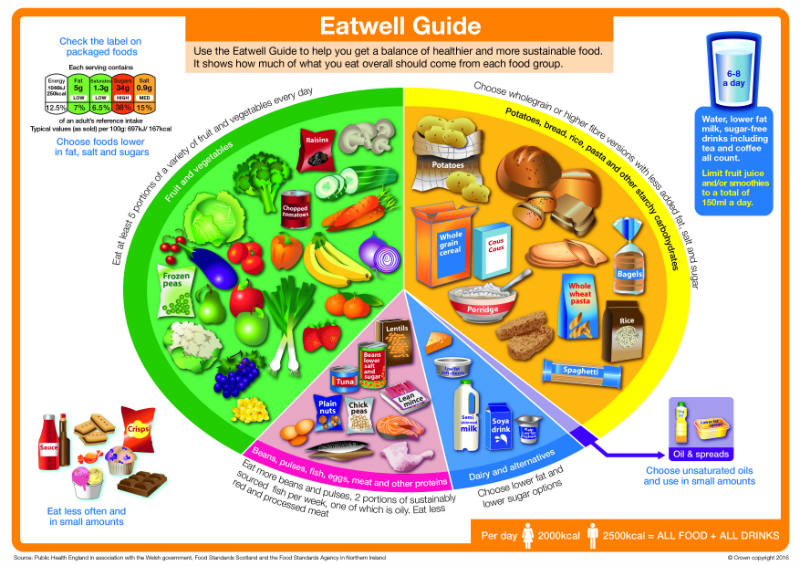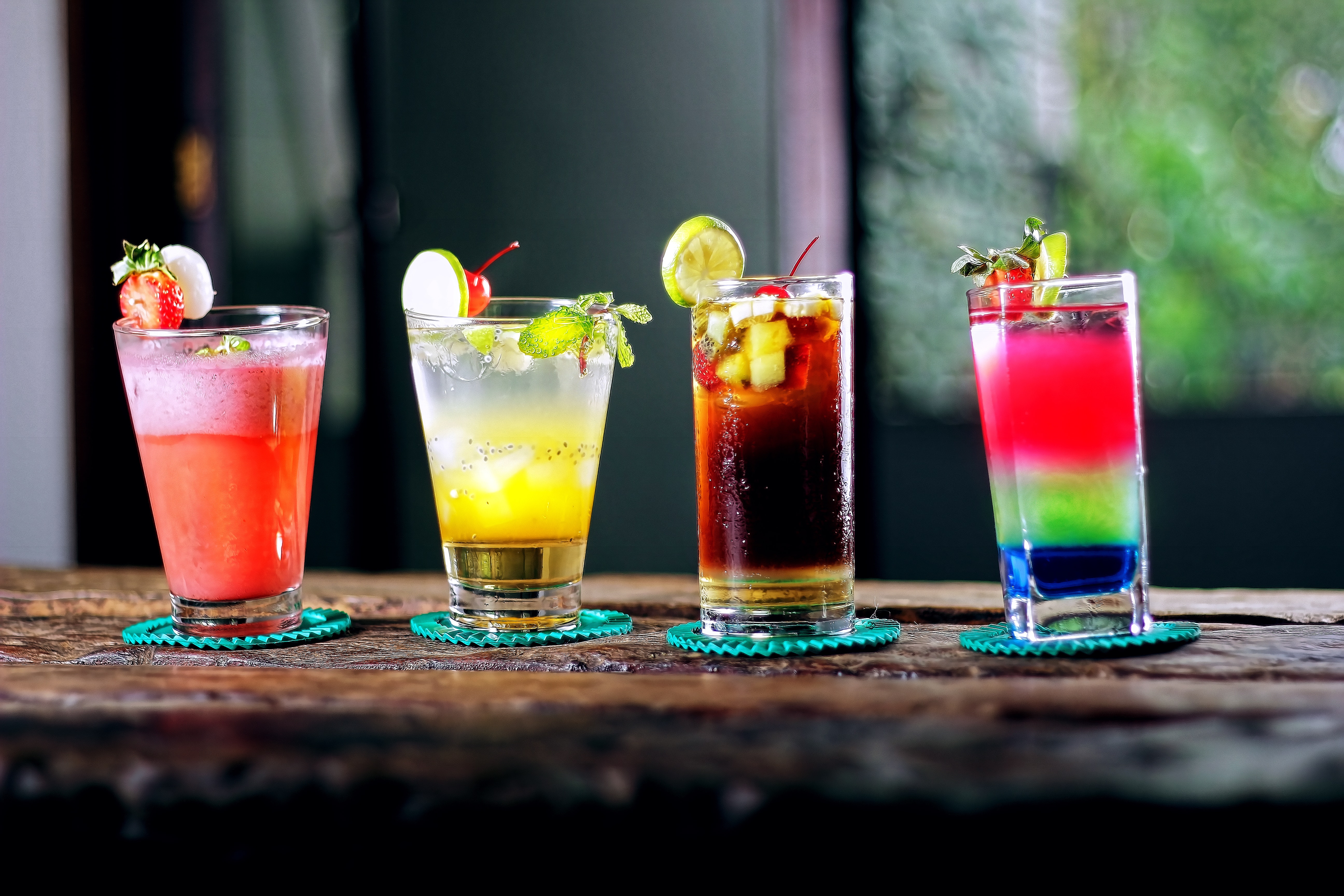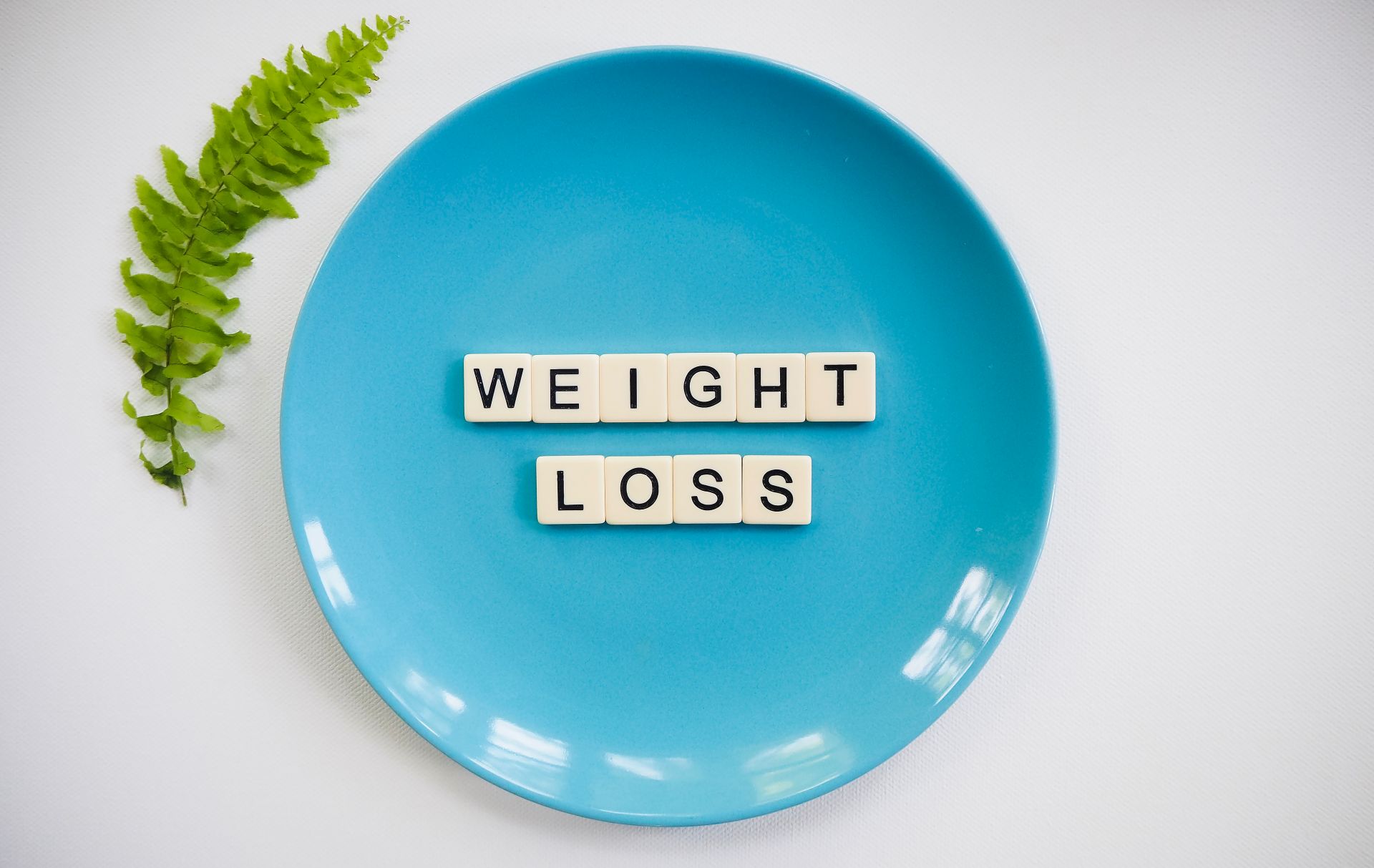This is Cornwall Council's Occupational Health and Wellbeing’s top 10 tips for a healthier mental and physical wellbeing in 2021.
Start small, but start soon
The idea of making dramatic changes to your lifestyle right away can sound appealing. But big changes like these tend not to last. Make small, sustainable changes that last. Improvements are more likely to stick if you start small and gradually build them into your life, one at a time. So, for a healthier New Year and longer-lasting results, take one or two of our tips and try them out for a week to see what works for you before trying some more.
Set Your Goals and stay motivated

Do you want to lose weight? Do you want to be able to run up and down the stairs without getting winded? Do you want to reduce cholesterol or lower your blood pressure? Decide what you want to achieve over the next month and over the next year. One possible goal for your first month could be a resolution to make a healthier lunch for work four days per week rather than buying a ready-made lunch every day. Another example of a monthly goal would be to walk for 30 minutes four days per week each week this month. (How to Make Your Health Goals S.M.A.R.T.) Start with your statistics. Take body composition measurements and make your goals. Then write down your goals in a notebook or in the food diary you are going to create in step seven.
Healthy eating

Eat more fruit and veg
Some experts recommend we should be eating up to 7 portions of fruit and veg each day. Sound like too much worthy chomping? Here are some healthy hacks to help get you started:
- Try chopping up fruit and veg in advance so that you have it handy when hit by a snack attack.
- Have bags of frozen veg in your freezer so you can chuck some into stews, pasta sauces and curries when you make them.
- Sneak some tomato, lettuce, grated carrot and cucumber into your lunchtime sandwich.
- Add some dried fruit to your breakfast cereal.
- Have a look at BBC Good Food’s ideas for including more fruit and veg into your cooking.
- Go for the ‘good’ fats - Fats, spreads and oils provide essential fats but experts recommend that you only use them in very small amounts. The World Health Organization suggests that we get less than 30% of our total daily energy intake from fats. Choose to eat less butter, processed meat and full fat products. Swap them for heart-healthy fats like nuts, seeds and oily fish instead.
Shun the salt
Limit the amount of salt you eat. That doesn’t just mean putting down the saltshaker, because there’s salt you might not notice in processed foods too. So read the label to see how much salt (sodium chloride) is in your pizza or ready meal. Start scrutinising food labels to discover how much sugar and salt is in your favourite foods. Still tempted to add salt to a meal? Healthy hack: try adding black pepper, herbs and spices instead to keep your taste buds entertained.
Slash the sugar
It’s also a good idea to limit the amount of sugar you consume for a healthier New Year. Like salt, sugar isn’t just found in the sugar bowl, it’s in colas and fizzy drinks, yoghurt drinks, breakfast cereals, ready meals and sauces. So read the labels on these products to see how much sugar they contain. As a guide, a teaspoon of sugar is 4 grams. And the World Health Organisation advises eating no more than 6 teaspoons of sugar each day (25 grams)
Mindfulness
Mindfulness is the basic human ability to be fully present, aware of where we are and what we’re doing, and not overly reactive or overwhelmed by what’s going on around us. While mindfulness is something we all naturally possess, it’s more readily available to us when we practice on a daily basis. See these 21 tips for starting to practice mindfulness
Kindness

We all know we’re supposed to treat people with kindness, but sometimes, in our stressful day-to-day lives, we can forget to treat people with respect and compassion. In fact, according to a survey, 76 percent of respondents say the world is a less kind place than it was 10 to 20 years ago. The good news is that humans are naturally wired to be kind—sometimes it just takes a little thought. So, if you want to spread good vibes and compassion to the people in your life, here are 10 simple ways to practice kindness every day. Check out the blog article we wrote in 2020 for more ideas.
Physical activity

Regular physical activity has been proven to minimise the risk of many healthy conditions by over 50%. If you haven’t exercised in a while, start small by walking for 25 minutes, three days a week, or spending 10 mins in front of an exercise video every other day. Healthy hack: try to build exercise into your everyday routines for a healthier New Year. Walk or cycle instead of driving to local shops or to work. Get off the bus a stop earlier and walk to your destination from there. See these beginner tips.
Alcohol

Every January, millions of people looking to give themselves a break from alcohol after a busy festive period sign up to take part in Dry January – a movement through which participants give up alcohol for 31 days. Although a month off the booze can save you some well-needed pennies after an expensive Christmas and perhaps help you lose the extra few lbs you’ve gained post-December, research has shown that contrary to widespread belief, going completely dry in January to then revert to your former drinking habits isn’t necessarily the healthiest option. This makes a damp January sound a lot more appealing. The term – damp January has been gaining a lot more traction, with many deciding it’s a lot more realistic to avoid unnecessary drinking and make a pledge to cut down on their alcohol intake. Damp January is something being avidly promoted by our own Cornwall Council Public Health team. Try their Drinks Meter app today to assist you in your damp journey!
Make sure you drink more water
It's easy to overlook, but choosing healthier drinks is a key part of a balanced diet. Many soft drinks, including instant powdered drinks and hot chocolate, are high in sugar. Food and drinks that are high in sugar are often high in calories, and having too many calories can make you more likely to gain weight. Checking the nutrition labels on soft drinks such as fruit juices and fizzy drinks can help you make healthier choices. The Eatwell Guidesays we should drink 6 to 8 glasses of fluid a day. Water, lower fat milk and sugar-free drinks, including tea and coffee, all count, however water is a healthy and cheap choice for quenching your thirst at any time. It has no calories and contains no sugars that can damage teeth. Plain tea, fruit tea and coffee (without added sugar) can also be healthy.
Ditch diets for a healthier New Year

Don’t focus on how many pounds or kilos you can lose on a diet, but on eating healthier foods and being more active instead. Try to eat a healthy, balanced diet rather than skipping groups of foods with the latest must-do diet. You might want to keep a food diary to have a record of what you actually eat and drink and when. Understanding your eating habits is the first step to changing them. Set realistic goals and reward yourself when you meet them
Reduce your stress
Stress has been proven to be detrimental to our health. Stress includes daily events like constant deadlines at work; long drive times with excess traffic; more activities than time to do them; and emotional trauma like death or divorce. Try these simple stress reducers you can make to live a happier, healthier life.

< Grow Your Own Under Pressure: What exactly is Blood pressure and Why Is It Important? >


